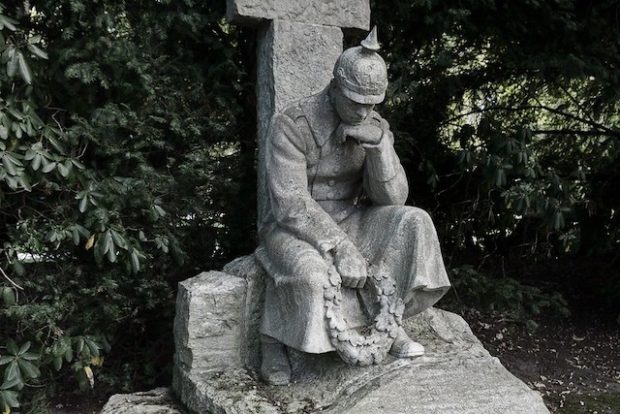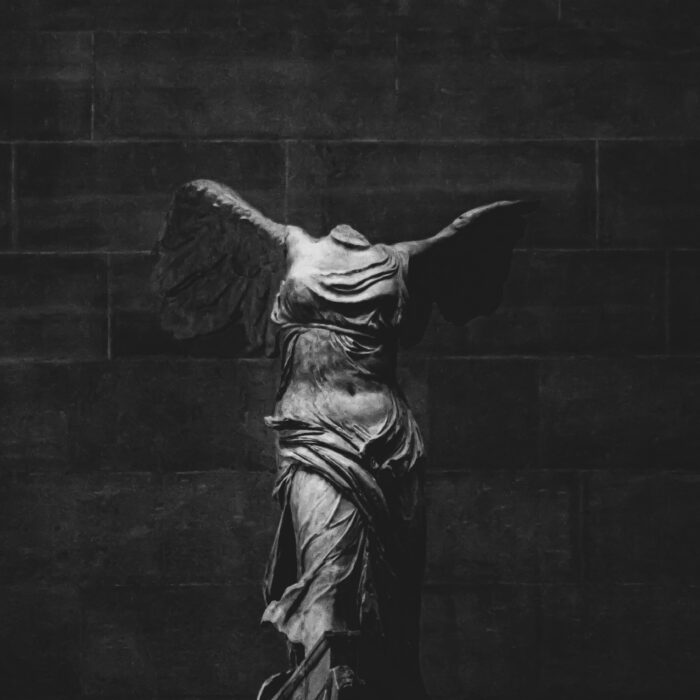You have no items in your cart. Want to get some nice things?
Go shopping
Rob Oo (copied from Flickr)
Inevitably, implacably, the rain fell, its blanket mass a monsoon vehicle that swept across Ypres. It had been ceaseless for months, so much so, that you could not imagine a world without it. You ate in the rain, you slept in the rain, you cried in the rain, you died in the rain. It leached your very soul into the ground, to mingle with the mud. The rain was a constant and held captive our spirits but it was the mud that enslaved our souls. Life was inseparable from the mud. Mud was your mother, mud was your father, mud was your new-born child. And just like the rain, it was never sated.
The only thing worse than living in mud was dying in it.
There was a young chap, a Canadian, who slipped from the duckboards under artillery fire. Down he went, into the foxhole, or what used to be a foxhole, down he went into the woeful quagmire of mud, rain and feces. So far did he sink that only his arms and head were visible. A group of men assembled under-fire and with a rope they lassoed the man, but to no avail. He did not budge, the bog would not yield its captive, he only screamed as the rope cut into the flesh of his armpits. Everyone had known the Canadian was a dead man as soon as he tumbled from the duckboards. They pulled and heaved for an hour until Sergeant Haggot relieved the man of a slow and dismal death by putting a bullet in his head.
If you did not succumb to the mud and the rain, you had a different, much more lethal dose of precipitation with which to contend. These were the bullets and the shells and the shrapnel that fell every day, every hour, every second. At any moment you could die and in every moment someone was dying. And so every day we made our peace with death, with life, with God, with nothing.
You could meet your end in many ways, so many, that to some it was living that seemed futile. It was a Kenyan boy that brought this into question. He was a colonial conscript, just fifteen years of age. He came to the trenches bright-eyed and good-humored but within days his eyes hardened and his humor was sunken in mud, stolen by rats. Worst of all, he couldn’t bear the thunderous roar of artillery fire. It took a week of not sleeping to drive him mad. During one particularly bad barrage, at a pause in the onslaught, the boy climbed up and out of his foxhole. He didn’t scream or bellow, he just walked, as if hypnotized, out into no man’s land. There he stood with neither knife nor rifle, stripped shirtless, facing into the fog. The whole regiment was transfixed by the boy as he stood there awaiting his end. Then out of the fog, a lone figure began to emerge. It was a fully uniformed German colossus holding aloft a white handkerchief. The boy and the man stood facing each other for an indeterminable amount of time. Then the German opened his arms wide and embraced the boy and the boy reciprocated. The whole regiment watched on: awestruck, aghast, ashamed, enraptured. There were gasps, tears, howls of craven men who couldn’t bear the humanity, and then the artillery barrage recommenced and most of them hunkered down into their trenches. But I couldn’t wrestle my gaze from the pair. There they stood, monolithic against the cascading shells exploding around them. I watched until they were completely consumed by the smoke and ash and then I stared longer, hoping to catch a glimpse of them through the maelstrom. I watched until the smoke cleared but they were gone.
When we advanced our lines, I paid special attention to the area in which they were consumed. There was no trace of them. The word amongst the men was that they had been obliterated and were little more than the mud and grit over which we laid our duckboards. Others thought that they used the smoke and cover to somehow flee the lines of both sides, secreted away through the ash and the explosions. Some believed that their bodies ascended as angels and were welcomed into the kingdom of heaven. I didn’t know what I believed, but with every continued step I kept an eye out for the wiry Kenyan boy and the giant German. I needed to thank them for showing me that innocence lost can be regained, that humanity could still be found in men at war. And then I would cry and shake them for their madness and their sanity. For being too pure for Passchendaele.

Sonny Tsiopani
Sonny Tsiopani lives in Ireland, with his wife, Mia. He is 28 years old and lives a quiet life in the mountains where he works outdoors. In the evenings, he likes to write about life, death, entropy, and unseen places.





Beautiful piece of writing, a very soulful insightful and uplifting experience